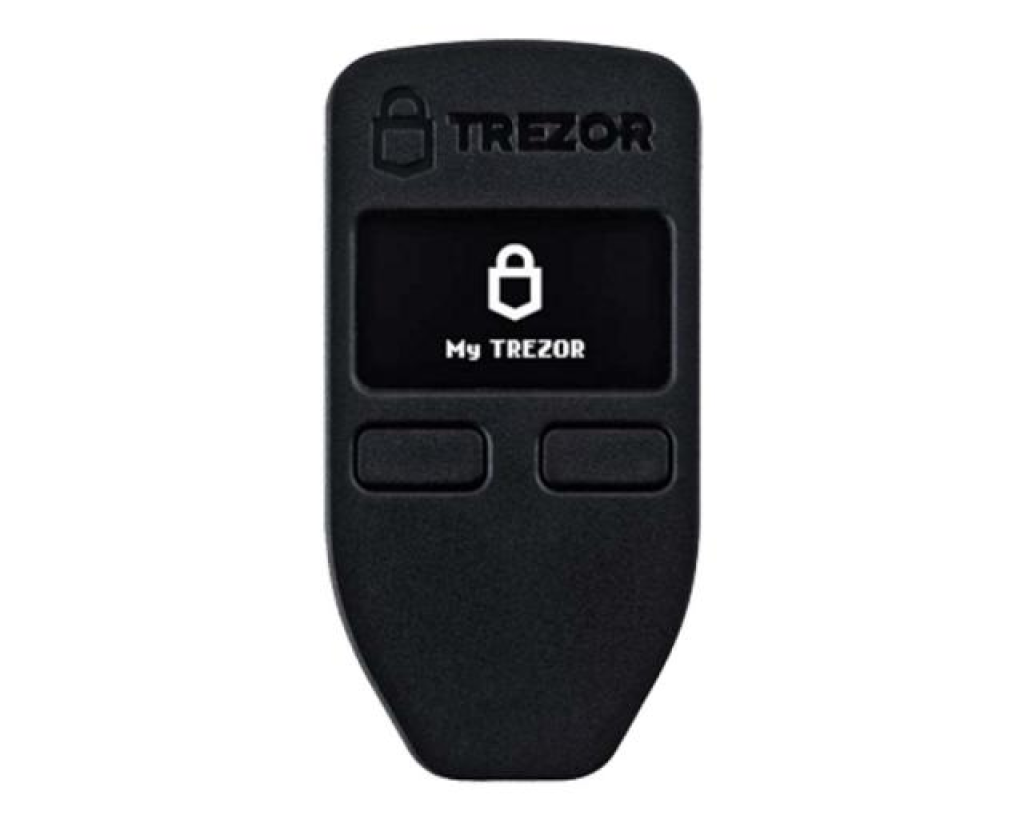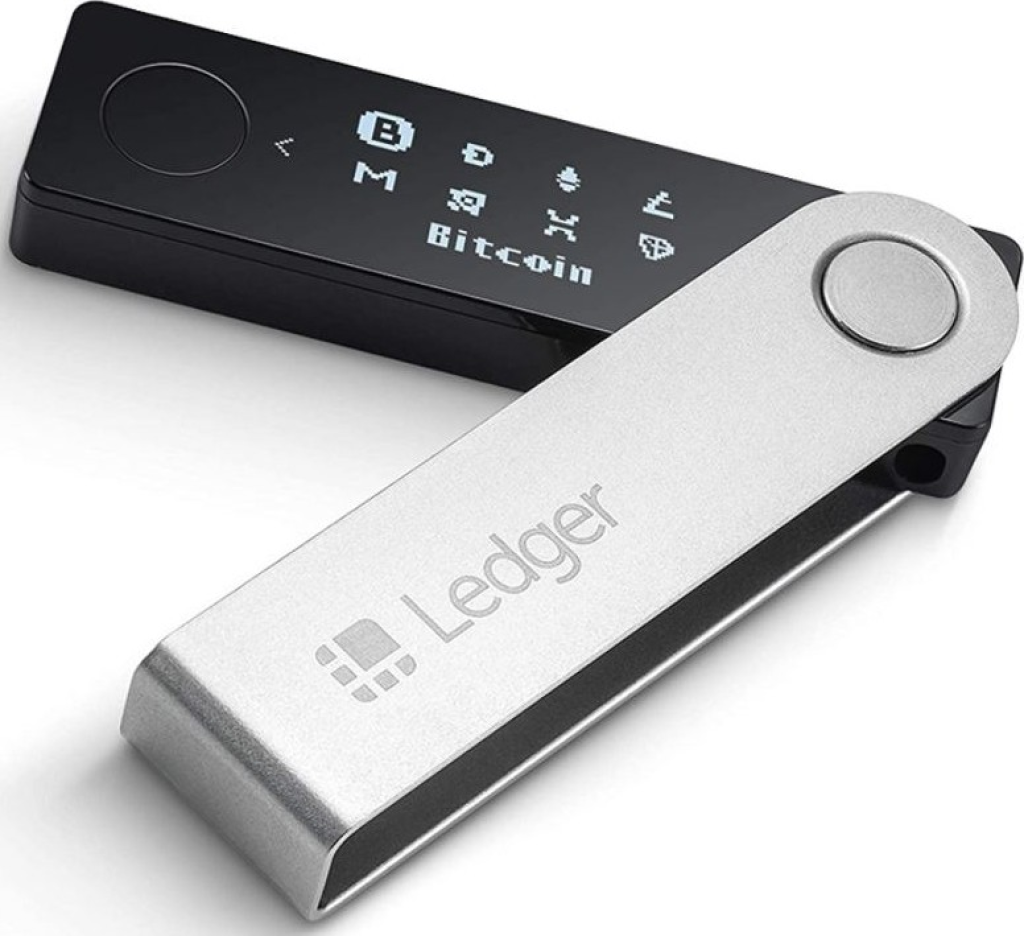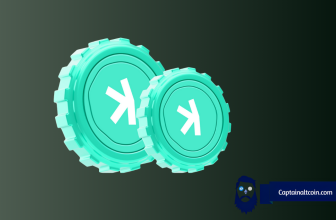
What you'll learn 👉
Why Should You Order 2 Or More Hardware Wallets At The Same Time?
One of the key questions that often arises in crypto is the use of ledger multiple wallets. Is it possible to have multiple wallets on ledger? The answer is yes. In fact, it’s not just possible, but also recommended for enhanced security.
Consider this: using two wallets for safety can significantly reduce the risk of losing access to your cryptocurrencies. If one hardware wallet is lost or compromised, you have a backup ready. This concept is similar to having multiple ledgers on ledger live. You can manage and monitor multiple wallets from a single platform, ensuring that you always have a comprehensive view of your assets.
But can you have 2 ledgers on ledger live? Absolutely. Ledger Live is designed to handle multiple devices, allowing you to split your coins between them or use one seed phrase for both devices. This flexibility ensures that you can manage your crypto assets in a way that best suits your needs.
| Topic | Summary |
|---|---|
| 🔒 Why Should You Order 2 Or More Hardware Wallets At The Same Time? | Hardware wallets are useful tools for storing cryptocurrencies. They allow you to manage a variety of cryptocurrencies while keeping your recovery seed offline. Owning multiple hardware wallets is a good security measure. |
| 💰 Is one hardware wallet enough? | One hardware wallet is enough, but for better security, it’s recommended to have multiple hardware wallets. If one of your devices is lost, stolen, or broken, you can recover your coins and regain access to all of your other devices. |
| 🔄 Should I have more than 1 hardware wallet? | Yes, having more than 1 hardware wallet allows you to better secure your funds. If your hardware wallet gets lost or stolen, the pin code will prevent most unauthorized individuals from accessing your crypto assets and recovery seeds. |
| 🌐 Do I need a different wallet for each Cryptocurrency? | No, you don’t need a different wallet for each cryptocurrency. All major hardware wallets like Ledger, Trezor, or Coolwallet are multi-currency wallets where you can store all major coins. |
| 🧮 How many hardware wallets should you own? | You should own at least 2 hardware wallets as a security measure. They must be based on a standard called BIPs to be able to import the same recovery seed and duplicate each other. |
| 📦 Can I have two ledger wallets? | Yes, you can have two Ledger wallets. The Ledger Live application can be used with multiple ledger devices. You can split your coins and hold them 50-50 in each device, or you can use one seed phrase for both devices and store all your coins under this one seed. |
| 🏦 Can I store all my crypto in one wallet? | Yes, you can store all crypto in one wallet as long as that wallet supports the coin you want to store it in. Some smaller and less popular cryptocurrencies are not supported on major wallets, and in that case, you will have to keep those coins on an exchange or download a separate wallet just for that coin. |
Why having 2 or more hardware wallets is a good security measure?
Let’s take a look at the pros and cons of having multiple hardware wallets.
Redundancy is a key component of any security system. In contrast, systems designed for efficiency often lack redundancy, and if one fundamental component fails, the entire system could fail. For example, human beings have two kidneys, and they can survive if one fails. Aircraft have triple redundant components, cars have spare tires, and bringing a second pencil to a test is a good idea.
Using multiple hardware wallets is an effective strategy to distribute risk across different components.
The only con to this strategy is the price – hardware wallets cost money, and that is the only downside to having multiple hardware wallets. However, the cost of the wallet is worth it (especially if you own a sizeable amount of crypto) since you significantly improve the security of your crypto funds.
Is one hardware wallet enough?
One hardware wallet is enough, but for your security, it would be better to have multiple hardware wallets.
If you own multiple cryptocurrency wallets, you can make copies of each other. Each copy will store the same cryptocurrencies, private keys, public address, accounts, and transaction history, so they will work exactly the same way. This applies to hardware wallets from different companies, including Trezor and Ledger.
If one of your devices is lost, stolen, or broken, you will be able not only to recover your coins but also to regain access to all of your other devices. In addition, if one of the providers goes bankrupt, you will still be able to access your funds from the other provider.

Should I have more than 1 hardware wallet?
Yes, you should have more than 1 hardware wallet.
To make two or more hardware wallet copies of each other, all that you need to do is import the backup seed from one hardware wallet to another.
Using multiple hardware wallets enables you to better secure your funds in the event that your device is lost. If your hardware wallet gets lost or stolen, the pin code will prevent most unauthorized individuals from accessing your crypto assets and recovery seeds. However, if an unauthorized person does gain access to your device, it’s possible they can extract the recovery seed. Therefore, it’s recommended that you keep a backup of your recovery seed in a safe location offline.
Do I need a different wallet for each Cryptocurrency?
No, you don’t need a different wallet for each cryptocurrency. All major hardware wallets like Ledger, Trezor, or Coolwallet are multi-currency wallets where you can store all major coins. If you want to hold some obscure, smaller coin, you might need a native wallet for that coin, which is best to download from the project’s official site.
How many hardware wallets should you own?
You should own at least 2 hardware wallets as a security measure. In order for a hardware wallet to be able to import the same recovery seed and duplicate each other, they must be based on a standard called BIPs.
BIPs is a standardized list of 2048 words randomly used within 12, 18, or 24-word recovery seeds. The Trezor One, Trezor Model T, Ledger Nano S, Ledger Blue, and Ledger Nano X use BIPs. All of these hardware wallets can be recovered with 12 or 18 or 24-word seeds, and therefore they are able to be duplicated from one another. You may have as many BIPs compatible hardware wallets as you wish to store the same recovery seed, however, if you lose your hardware wallet, you will not be able to recover it without the original recovery seed.

Can I have two ledger wallets?
Yes, you can have two Ledger wallets. The Ledger Live application can be used with multiple ledger devices. You can split your coins and hold them 50-50 in each device, or you can use one seed phrase for both devices and store all your coins under this one seed (on two devices).
Can I store all my crypto in one wallet?
Yes, you can store all crypto in one wallet as long as that wallet supports the coin you want to store it in. Some smaller and less popular cryptocurrencies are not supported on major wallets, and in that case, you will have to keep those coins on an exchange or download a separate wallet just for that coin.
Conclusion
You now understand the benefits of using multiple hardware wallets and how to set up this system. Any serious investors of cryptocurrencies will want to back up their assets and spread risk across multiple devices. The multiple hardware wallet methods achieve this goal.
If one wallet is compromised, lost, or damaged, only a portion of your assets is affected, preserving the majority of your holdings. This aligns with the principle of not putting all your eggs in one basket, thereby safeguarding your investments against unforeseen events.







